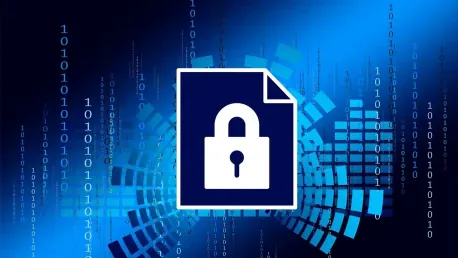The recent data breach at Miami-based cryptocurrency payment processor Transak exposed sensitive customer information of over 92,000 individuals due to a phishing attack on an employee’s laptop, revealing significant vulnerabilities in corporate security defenses. This incident, which compromised data stored with Transak’s third-party know-your-customer (KYC) vendor, underscores the critical need for enhanced protective measures. The exposed information includes names, birthdates, driver’s license data, passports, and selfies, although financially sensitive details remained secure. The ramifications are severe, with the Stormous ransomware group claiming responsibility for stealing 300 GB of data and threatening to leak it if not compensated. In light of these developments, it becomes evident that organizations must re-evaluate their cybersecurity strategies to prevent similar breaches in the future.
Implementing Advanced Cybersecurity Measures
To prevent breaches like Transak’s, companies must implement robust cybersecurity measures that go beyond the basics. A multi-layered security approach is imperative, encompassing employee training, technology solutions, and regular audits. Educating employees about phishing attacks and other cyber threats is crucial, as human error remains a major vulnerability. Companies should conduct regular training sessions to ensure that staff can recognize and respond to suspicious activities. Additionally, deploying advanced technology solutions, such as multi-factor authentication (MFA), can add an extra layer of security, making it more difficult for attackers to gain unauthorized access.
Regular security audits and vulnerability assessments are essential in identifying potential weaknesses within the system. By frequently testing their defenses, companies can address vulnerabilities before they are exploited by attackers. Partnering with cybersecurity firms to conduct these assessments can provide valuable insights and recommendations tailored to the specific needs of the organization. Furthermore, companies should ensure that their third-party vendors, such as Transak’s KYC provider, adhere to strict security protocols. Establishing clear guidelines and conducting regular checks on these vendors can help mitigate the risk of a breach stemming from external sources.
In addition to these measures, companies must be prepared to respond quickly and effectively in the event of a breach. Developing a comprehensive incident response plan that outlines the steps to be taken in the aftermath of a cyberattack is imperative. This plan should include protocols for communication, containment, eradication, and recovery. By having a well-defined strategy in place, companies can minimize the impact of a breach and ensure a swift return to normal operations.
The rise in ransomware operations targeting valuable data for financial gain highlights the necessity of robust data protection protocols. Encrypting sensitive data and maintaining regular backups can reduce the effectiveness of ransomware attacks, as encrypted data is less likely to be compromised. Moreover, storing backups in secure, isolated environments ensures that data can be restored quickly in the event of an attack. Investing in cybersecurity insurance can also provide financial protection and support in the aftermath of a breach.
In conclusion, the Transak data breach serves as a stark reminder of the evolving landscape of cyber threats and the need for continuous improvement in cybersecurity practices. By implementing advanced security measures, conducting regular audits, and preparing comprehensive incident response plans, companies can enhance their defenses and safeguard sensitive information against future breaches. The key to preventing such incidents lies in adopting a proactive, multi-layered approach that addresses human, technological, and procedural vulnerabilities.









